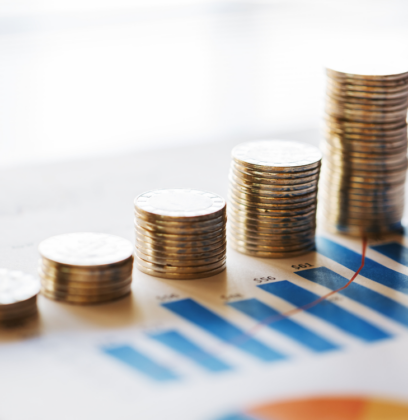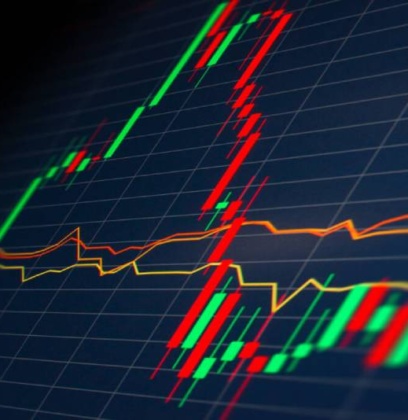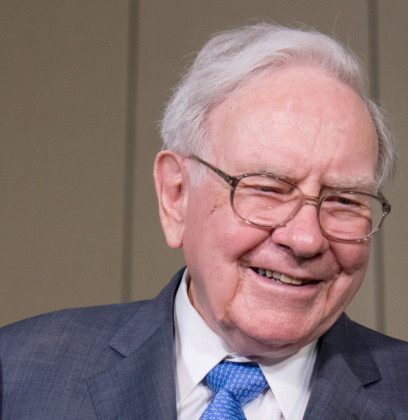
The S&P 500 has delivered notable returns over the past 15 years, often drawing the attention of investors seeking to diversify into the U.S. market. This resilience persists despite global economic shifts and challenges, including the impact of Donald Trump’s latest trade tariffs.
However, while the performance of the S&P 500 is enticing, it’s important for Australian investors to weigh more than just returns, particularly when considering the tax implications of buying US shares from Australia. Why? Because even though gaining overseas equity exposure can be rewarding, it comes with extra steps and responsibilities that investors should be aware of. Don’t fret, in this guide, we’ll walk you through some of the key considerations Australian investors should keep in mind when investing in US shares, as well as the tax implications of doing so.
How to Buy US Shares in Australia
Investing in US shares is a popular way for Australian investors to diversify their portfolios and tap into one of the world’s largest and most dynamic stock markets. While buying US stocks directly may seem complicated due to currency exchange and international brokerage requirements, several straightforward options are available.
Buying Individual US Shares from Australia
One of the most direct ways to gain exposure to the US market is by purchasing individual US shares directly on American stock exchanges, such as the New York Stock Exchange (NYSE) or Nasdaq. To do this, you’ll need to open an account with a brokerage that offers international trading, such as:
- Interactive Brokers
- CommSec International
- Stake
These platforms let you purchase shares in companies like Apple, Amazon, Tesla, or Google in US dollars.
The Tax Implications of Buying Individual US Shares from Australia
When you buy shares in US companies from Australia, the following tax considerations apply:
- Dividend Income: The US government automatically withholds 15% tax on dividends paid to Australian residents (this reduced rate is thanks to the Australia-U.S. tax treaty). You need to fill out a W-8BEN form to ensure this reduced rate applies instead of the default 30%.
- Capital Gains Tax: When you sell your US shares, any profit is subject to Australian capital gains tax. This is calculated as part of your income tax return in Australia. If you hold the shares for more than a year, you may be eligible for a 50% capital gains discount.
- Foreign Tax Credits: The Australian tax system provides foreign tax credits for taxes paid in the US. This means that when you lodge your Australian tax return, you can claim a credit for this 15% US withholding tax to avoid paying tax twice on the same income.
*The tax implications discussed in this article are provided as a general overview only and may not fully reflect your personal circumstances. Investors should consult their own tax agent or financial advisor for tailored advice.
Buying Individual US Shares from Australia
One of the most straightforward methods for Australians to invest in US equities is to buy ASX-listed ETFs that directly hold US shares or ASX-listed ETFs that invest via US-domiciled ETFs. This approach avoids the complexities of managing an international brokerage account or handling foreign currency exchange.
These ASX-listed ETFs typically track major US indices like the S&P 500 or NASDAQ 100, providing indirect but broad exposure to US equities.
Examples of ETFs holding US shares directly:
- Vanguard MSCI USA ETF (VUSA)
- BetaShares Nasdaq 100 ETF (NDQ)
Examples of ETFs investing via US-domiciled ETFs:
- iShares S&P 500 ETF (IVV)
- BetaShares S&P 500 Yield Maximiser Fund (UMAX)
The Tax Implications of Buying ASX-Listed ETFs with US Equities
When you invest in ASX-listed ETFs that either hold US shares directly or invest through US-domiciled ETFs, a 15% US withholding tax is taken from the dividends paid by the US companies before the ETF distributes income to you. You’ll need to include the full dividend amount in your Australian tax return, but you can claim a foreign tax credit to avoid being taxed twice.
Any profits you make when selling the ETF units are only taxed in Australia. Although ETFs that invest in US ETFs have an extra layer that can make tax reporting a bit more involved, the overall tax treatment for investors is quite similar for both types of ETFs.
Purchasing Shares in an LIC
Another means of investing in US stocks from Australia is to purchase shares in a listed investment company (LIC). LICs work by investing in diversified portfolios of assets, including international shares, such as those listed on the US stock exchange. This ability makes LICs a valuable investment vehicle for Australian investors seeking increased exposure to US markets without directly purchasing stocks or ETFs.
The Tax Implications of Purchasing Shares in an LIC
The tax implications of buying US shares in Australia via an LIC are often favourable. Many companies operate fully franked dividends, providing tax credits to Australian investors below the regular rate.
As a shareholder in the fund, you don’t pay that US withholding tax yourself; the fund handles it. However, since the tax reduces the income the fund earns from US investments, it could slightly lower the dividends or returns that the fund pays to you.
It is also worth noting that you are subject to capital gains tax if you do decide to sell your shares, with any profit made on the sale included in your assessable income for that financial year. Depending on how long you’ve held the shares, you may be eligible for the 50% CGT discount if they’ve been held for over 12 months. For more information about capital gains tax, including how to report and calculate it, check out the ATO.
Consider Partnering with Global Masters Fund to Access US Markets
If you’re interested in purchasing shares with an LIC as a means of diversifying your portfolio and enhancing your exposure to the US market, consider partnering with Global Masters Fund.
With principal investments in Berkshire Hathaway in the U.S., we provide Australian investors with a simple, ASX-listed pathway to gain exposure to one of the world’s most respected investment companies. Alongside this, we offer a select portfolio of other global and domestic assets aimed at delivering long-term capital growth.
To learn more about Global Masters Fund and how we can help you reach your investment goals, please don’t hesitate to reach out via our contact page.













